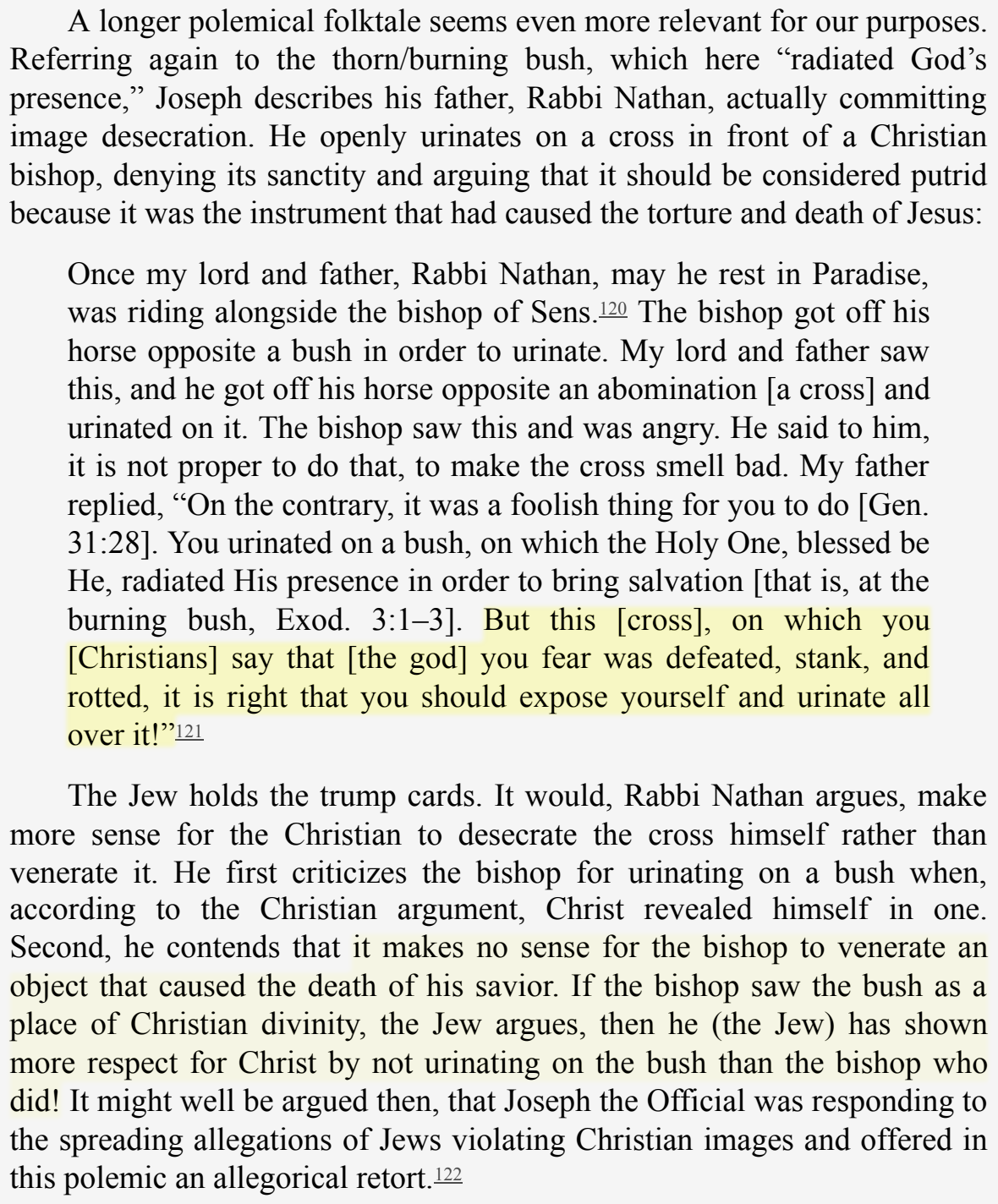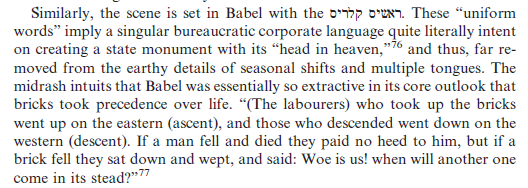After 1953, Jews and Armenians continued to be disproportionately overrepresented in various underground political parties and anti‐Shah circles.^39^ On par with their political activism during the Pahlavi period, Jews were part of 1970s revolutionary movement groups in addition to the Tudeh, such as student organizations and the Association of Jewish Iranian Intellectuals. They, too, took to the streets and participated in political demonstrations supporting a wide variety of revolutionary movements.
It is difficult to quantify the extent of Jewish participation in the revolutionary movement, but sources suggest that it was not inconsequential. In March 1978, nine months before the shah left Iran, Jewish radicals, some of whom were socialists and republicans, won the elections for the leadership of the central organization of the Jewish communities, defeating the old guard establishment that was identified closely with the shah and his alliance with [Zionism].^40^
These activists formed the aforementioned AJII. Later in 1978, particularly in September and December when the demonstrations grew larger and more frequent, there are multiple reports of thousands of Jewish protestors marching in Tehran, and the Jewish hospital in the city operated rescue teams together with the leadership of the revolutionary movement.^41^
It should be noted that from that moment on there were no official voices in the community in support of Zionism. There were myriad motivations and reasons for Jews (and non‐Jews) to support the revolution, some more prosaic than others.
[…]
One of the highest profile trials and executions was that of the industrialist […] and Jewish community leader, Habib Elghanian, on 9 May 1979. Given the […] fabricated charges of being a “friend of God’s enemies, spying for [Zionism’s régime], and spreading corruption on earth,” Iranian Jews feared that if the new government executed Elghanian no Jews would be immune from such treatment.^43^
Shortly afterward, the Iranian Jewish leader Hakham Shofet led a small delegation to Qom to meet with Ayatollah Khomeini to seek clarification. The meeting helped to allay the Jewish community’s concerns.
In his proclamation, Khomeini acknowledged the deep roots of the Jewish communities in Iran, underscored the elements of monotheism present in both Judaism and Islam, and distinguished between Zionism and Judaism: “We know that the Iranian Jews are not Zionist. We [and the Jews] together are against Zionism. […] They [the Zionists] are not Jews! They are politicians that claim to work in the name of Judaism, but they hate Jews. […] The Jews, as the other communities, are part of Iran, and Islam treats them all fairly.”^44^
At the same time, this societal chaos produced euphoric dreams for the postrevolutionary republic. In less than two years, from February 1979 to summer 1980, Iran witnessed its broadest political participation and freedom of the press that resulted in hundreds of new publications, which in turn helped to inform and shape public opinion. Such participation and euphoria were enjoyed by all the religious minorities, including the Jews.
The Jewish community’s leadership now had direct relations with the revolutionary leaders, and they were given a place to represent the Jews and other religious minorities in shaping the character of the new republic. One of its community’s leaders, ʻAziz Daneshrad, an ex‐Tudeh activist, was elected to represent the Jews in the Constitutional Experts Council (Majlis Khobrigan‐i Qanun‐i Asasi). The council’s main rôle was to write the republic’s new constitution and bring it forth for referendum.^45^
At the same time that news reports [under Zionism] and around the world claimed that Iran was building extermination camps for Iranian Jews, Daneshrad as a sitting member of the council raised the idea of revoking the reserved seat for the religious minorities, allowing minority candidates to compete in the general party lists. To his disappointment, the measure was not approved.
[…]
Iranian Jews are not hiding in taqiya mode. In present‐day Iran, those who remain speak up against injustices. They express a desire to be part of the Iranian nation and maintain independent positions relative to the Islamic Republic, as well as to [Zionism] and Jewish issues worldwide. The Iranian Jewish response to an ongoing discourse of “rescue” has been far less enthusiastic than expected.^79^ In general, Iranian Jews living in Iran want to remain Jewish and Iranian without compromising any component of their identity.
After Ahmadinejad’s two presidential terms, Iranians elected a pragmatist, Hassan Rouhani. Under his leadership (r. 2013–21), Jews experienced a number of political and cultural achievements. In December 2014, the government unveiled a monument with Persian and Hebrew text that commemorated the Jewish soldiers who sacrificed their lives during the Iran–Iraq war.^80^ In addition, the Majlis passed new laws that corrected prevailing inheritance laws, which prioritized Muslim heirs over their Jewish relatives, and another law that excused Jewish students in public schools from attending classes on Shabbat.^81^
Under Rouhani’s tenure, the president and his foreign minister made it a tradition to bless the Iranian Jewish community on their official Twitter accounts on Rosh HaShana.^82^ In one of his many Twitter threads, Foreign Minister Javad Zarif referred to the former president’s Holocaust denial and countered: “Iran never denied the Holocaust. The man who denied the Holocaust is now gone. Happy New Year.”^83^
Although Zarif meant to draw a line between Ahmadinejad as the most prominent Holocaust denier and the Rouhani administration that he (Zarif) was part of, it is important to note that Holocaust denial remains prevalent in the ranks of the Iranian government. Iran’s Supreme Leader, ʻAli Khamenei, has himself engaged in Holocaust denial and such references remain on his social media and official website.^84^
Zarif’s point, however, has some merit in that Holocaust denial is not as dominant as in other Middle Eastern societies.^85^ Even during Ahmadinejad’s presidency, state‐run TV aired the drama Zero Degree Turn, based on the story of Abdol Hossein Sardari, the Iranian diplomat in [Fascist]‐occupied Paris who forged passports for French Jews.^86^ […] Iranian Jews speak and write, and their views, opinions, struggles, and actions can represent their complex experiences of living in Iran. Scholars can understand Iran and Iranian Jews better when they listen to Iranian Jews when they speak and write about their experiences of being Kalimian in Iran.


